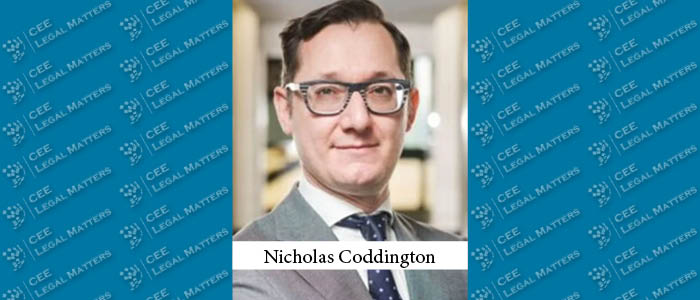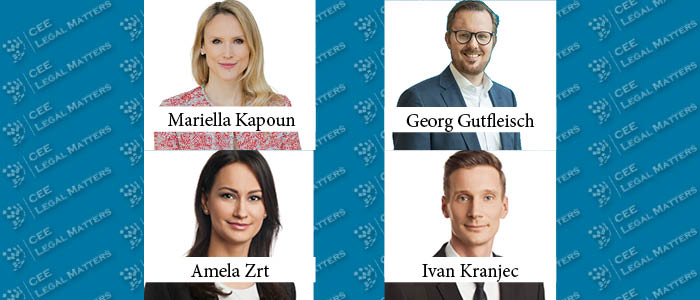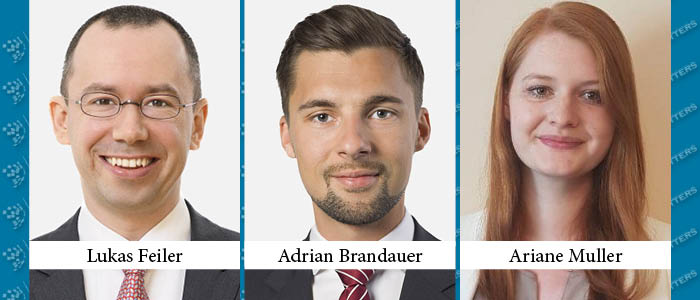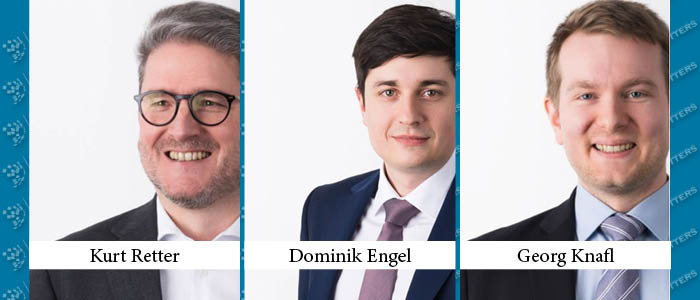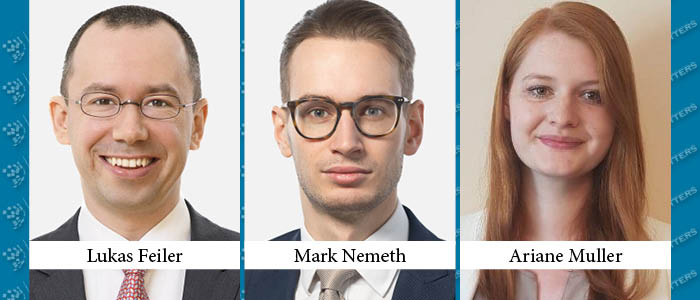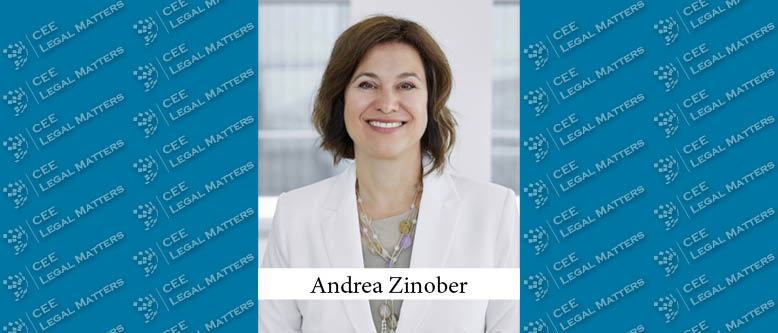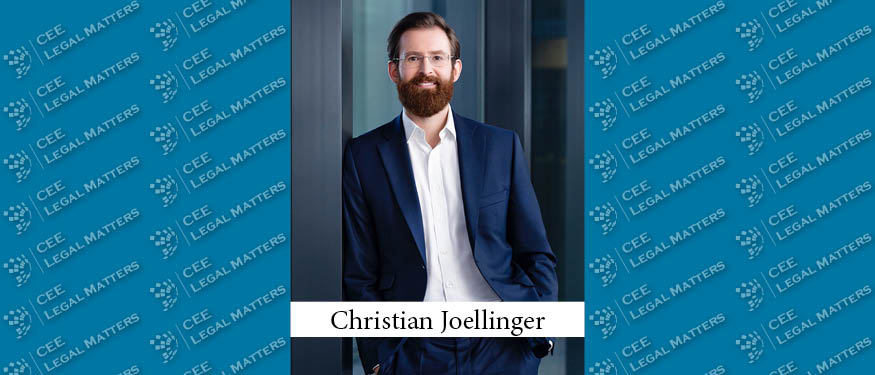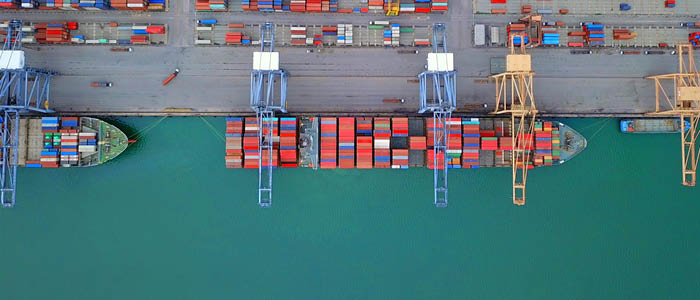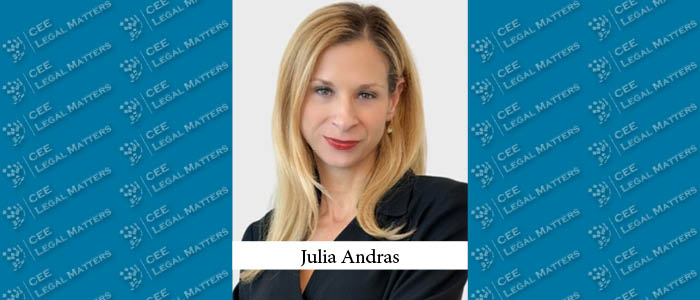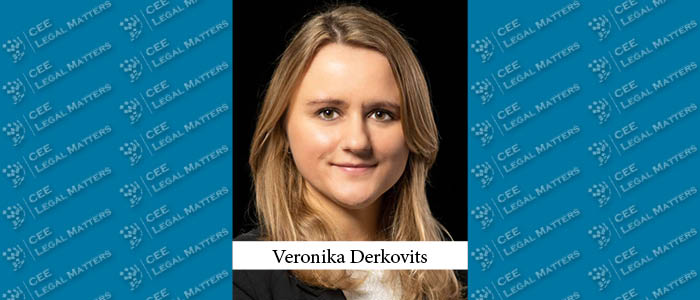Schoenherr has advised the TeraPlast Group on its acquisition of the Wolfgang Freiler Group from Austria's Uhl family.
DLA Piper Advises Porr AG on EUR 135 Million Issuance
DLA Piper has advised Porr AG on its EUR 135 million hybrid bond issuance.
Dentons, Binder Groesswang, and DGKV Advise UniCredit Bulbank and EBRD on Financing for Tsenovo Solar Plant
Dentons, Binder Groesswang, and Djingov Gouginski Kyutchukov & Velichkov have advised UniCredit Bulbank and the EBRD on the financing for Enery Development's construction and operation of a large-scale solar plant in north-eastern Bulgaria set to add 112.5 megawatts of solar power generation to the country's electricity system. Schoenherr reportedly advised Enery Development.
Nicholas Coddington Joins Wolf Theiss as Partner in Vienna
Former Deloitte Legal Poland Partner Nicholas Coddington has joined Wolf Theiss in Vienna as a Partner in its Banking & Finance practice.
Herbst Kinsky Advises Everfield on FENZ-Software Acquisition
Herbst Kinsky has advised European B2B software group Everfield on its acquisition of Austria's FENZ-Software.
Austria's Mariella Kapoun and Georg Gutfleisch and Slovenia's Amela Zrt and Ivan Kranjec Make Partner at CMS
Mariella Kapoun and Georg Gutfleisch have become Partners at CMS in Austria, while Amela Zrt and Ivan Kranjec have become Partners at CMS in Slovenia, as part of the firm's latest promotion round.
GDPR and Inclusion – Ignorant Instead of Woke?
The GDPR generally prohibits the processing of data relating to sexual orientation. In practice, this can be an obstacle to efforts towards inclusion.
Herbst Kinsky Advises Maguar Capital on Investment in TimeTac
Herbst Kinsky has advised Maguar Capital Partners on its partnership with TimeTac. Fieldfisher reportedly advised TimeTac.
Binder Groesswang, Schoenherr, and Fokus Advise on Lucky-Car Acquisition of ATU Auto-Teile-Unger in Austria
Binder Groesswang has advised Lucky-Car on the acquisition of the Austrian business of ATU Auto-Teile-Unger. Schoenherr and Fokus advised ATU. Bodmann reportedly advised Lucky-Car as well.
European Commission Proposes Five Substantial Initiatives to Enhance EU Economic Security
Once implemented, those initiatives will require significantly more efforts from parties involved in trade and foreign investments to ensure regulatory compliance. The pursued security aims will lead to enhanced monitoring, assessments and controls being put in place, which will have to be factored into a reframed regulatory compliance approach by affected parties.
New EU regulation on Digital Evidence Opens Up Risk of Data Misuse
The new EU regulation on electronic evidence will enable law enforcement authorities from one EU member state to order service providers in other EU member states to surrender digital evidence. Providers who fail to comply within ten days or, in urgent cases, within eight hours, could face fines of up to two percent of their global group turnover.
Andrea Zinober Makes Partner at BPV Huegel
Andrea Zinober has been appointed a Partner with BPV Huegel in Austria.
Christian Joellinger Joins E+H as Partner in Vienna
Former Freshfields Bruckhaus Deringer Attorney at Law Christian Joellinger has joined E+H in Vienna as a Partner.
The Protection of Gender Identity Under the GDPR
Although gender identity does not constitute sensitive data under the GDPR, its legal protection is nevertheless very robustly designed. Companies that choose to disregard it may face claims for damages and fines.
Closing: Sale of Cargo-Partner Subsidiaries to Nippon Express Now Closed
On January 4, 2024, Boyanov & Co announced that the EUR 1.4 billion sale of Cargo-Partner subsidiaries to Nippon Express (reported by CEE Legal Matters on May 17, 2023) had closed.
Julia Andras Joins SMS Law as Partner
Former LGP Managing Partner Julia Andras has joined Schima Mayer Starlinger in Vienna as a Partner in the firm's Litigation department.
Schoenherr Advises HID on Acquisition of ZeroSSL
Schoenherr has advised the HID Global Corporation on its acquisition of all shares in ZeroSSL.
Veronika Derkovits Makes Junior Partner at KWR
Veronika Derkovits has been promoted to a Junior Partner position with KWR Karasek Wietrzyk Rechtsanwaelte in Vienna.




